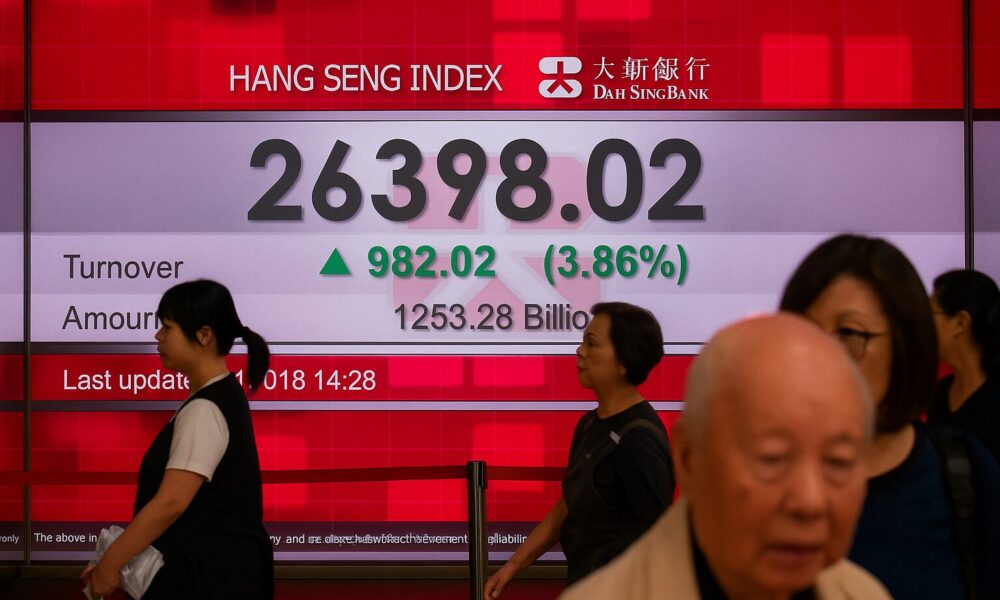Stock Market Trading Hours | An In-Depth Overview of How the Stock Market Works

Stock market trading hours vary widely depending on the region and the exchange. In most countries, trading is conducted during weekdays, while weekends are reserved for rest. For active traders and investors, understanding these schedules is essential for planning strategies and anticipating market movements. The ability to align trading activity with the right hours can be a decisive factor in maximizing profits.
As we know, stock marketing is a highly dynamic and unpredictable field. Traders must constantly stay alert to take advantage of emerging opportunities. Global and regional socio-political and socio-economic events can significantly influence market performance. However, the work culture and trading schedules of one country do not necessarily affect another, especially when their business practices differ substantially.
For example, the stock market in the UK operates at different hours than markets in Asia due to time zones and cultural differences. In some countries, markets close for a midday lunch break, while in others, trading continues without interruption. These variations make it vital for investors trading across regions to adapt their strategies accordingly.
The Forex Market – The Most Flexible Trading Schedule
Among the various types of financial markets, the foreign exchange (forex) market stands out for its flexibility. It operates 24 hours a day from Sunday evening to Friday night, accommodating traders from all over the world. The primary forex trading hubs are Tokyo, New York, and London. This 24-hour structure allows participants to open and close positions at almost any time, giving them a significant advantage compared to more rigidly timed markets.
North American Stock Exchange Hours
In North America, the New York Stock Exchange (NYSE) is one of the largest and most influential markets globally. Alongside NASDAQ and Bolsa Mexicana, it accounts for nearly half of the world’s total market value. U.S. stock exchanges generally operate from 9:00 AM to 5:00 PM, similar to many European exchanges. While the U.S. dominates in market value, South American markets are smaller but still significant.
The Santiago Stock Exchange in Chile is a notable example of flexible timing within the region. During the summer months, trading hours extend by one hour—closing at 5:00 PM instead of 4:00 PM—to capitalize on additional trading opportunities.
European Stock Exchange Hours
European markets are often among the strictest in terms of trading discipline. In Italy, interest in investing has grown sharply, with many people searching for the term investire in borsa, meaning “invest in the stock market.” This surge in interest was particularly evident during 2021 when lockdowns led to increased online financial activity. Across Europe, the trend toward longer trading hours without lunch breaks is common.
‘Euronext,’ a collective exchange covering Amsterdam, Paris, Dublin, and more, is the largest in the region. Its main competitor, the London Stock Exchange, operates from 8:00 AM to nearly 5:00 PM. Both exchanges play critical roles in global trading activity.
Asian Stock Exchange Hours
In Asia, trading hours tend to be shorter, with most markets closing between 3:00 PM and 4:00 PM. Many, including major markets like Tokyo and Singapore, pause for a lunch break lasting about an hour. Investors interested in Singapore’s market should consider reputable Stock Brokers Singapore for secure and efficient transactions.
South Korea is a notable exception. In the early 2000s, the country banned lunch breaks in its markets to promote continuous trading. The closing time was also extended from 3:00 PM to 3:30 PM, allowing Korean markets to remain open while others in the region are closed, creating unique trading opportunities.
Oceania Stock Exchange Hours
Markets in Oceania, such as those in Australia and New Zealand, start later in the day—around 10:00 AM—but, like many Western markets, do not have lunch breaks. This structure enables uninterrupted trading sessions throughout the day.
Are Stock Markets Only Open on Weekdays?
Almost all stock markets worldwide operate on weekdays and remain closed on weekends. However, the definition of a “weekend” varies by country. For example, in Saudi Arabia, the Tadawul Stock Exchange is closed on Fridays and Saturdays, making Sunday to Thursday the active trading days. Understanding such differences is crucial for international traders.
The Impact of Holidays on Stock Market Hours
Holidays differ greatly from one region to another and directly affect market schedules. For example, stock market timings during Christmas vary depending on whether the holiday is widely celebrated in a given region. In North America and Europe, Christmas often results in full or partial market closures. Thanksgiving in the U.S., Australia Day, Diwali in India, and other national holidays also affect trading hours.
In Islamic countries, trading hours may be adjusted during important religious observances such as the Islamic New Year. Bank holidays, such as Good Friday, can result in complete closures, while some holidays operate as “half days,” with trading sessions ending earlier than usual.
Stock trading is often aimed at short-term gains, making it a potentially risky activity for beginners. Entering the market without preparation can lead to significant losses. Here’s a step-by-step approach for new traders:
- Open a brokerage account – This account holds your investments and allows you to place trades.
- Set a budget – Only invest money you can afford to lose to avoid financial stress.
- Practice first – Use a virtual account to familiarize yourself with market operations.
- Place your trades carefully – Monitor your positions and avoid overtrading.
- Maintain perspective – Keep your long-term goals in mind and resist emotional trading decisions.
By understanding trading hours, regional variations, and market schedules, you can position yourself to make smarter investment decisions and take advantage of opportunities across global markets. Whether you’re targeting the fast-moving forex market or the structured hours of traditional exchanges, timing is an essential part of success.

Source: Stock Market Trading Hours | An In-Depth Overview of How the Stock Market Works




